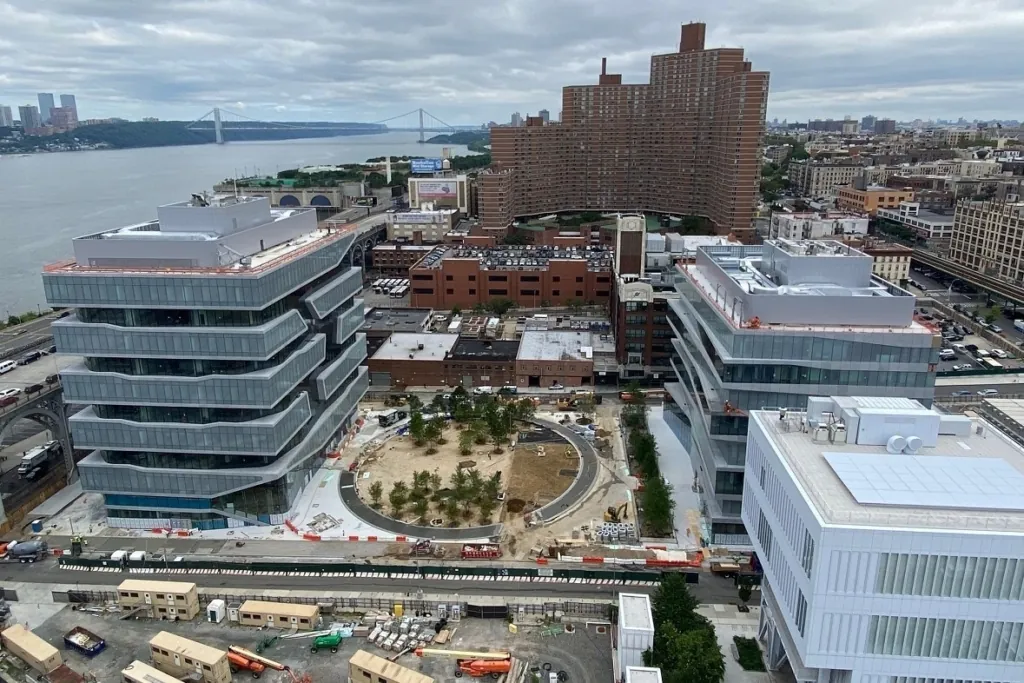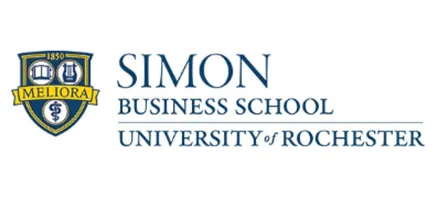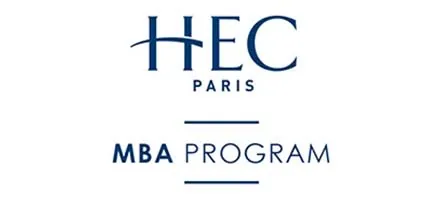
Columbia Business School (CBS) asks three essay questions as part of its application process. Through your essay responses, the school hopes to better understand your experiences and career goals, as well as your rationale for wanting to pursue your MBA at CBS specifically. We at Gatehouse appreciate the program’s range of essay topics because it allows applicants to communicate a broad picture of their candidacy.
Essay 1: Through your resume and recommendation, we have a clear sense of your professional path to date. What are your career goals over the next three to five years and what is your long-term dream job? (500 words)
- Columbia has been asking this question for several years now. We appreciate this because it has allowed us to see a number of success stories, which have shown us what makes a good essay response. Even better, we also know where applicants are likely to stumble. Our first piece of advice is to answer the entire question. CBS is asking for two distinct things: your career goals over the next three to five years and your long-term dream job. Too often, candidates combine these two parts into one when crafting their essay. Instead, follow the prompt and answer each one distinctly!
- With respect to your goals, focus on what you will be doing (role, industry, and/or function), as well as the kind of impact you want to have—the problems you want to solve, the products you want to create, the team you want to build. This is especially important when you are describing your “dream job.” Your dream job likely inspires you, and the admissions committee wants to know why. Also, make sure that your short-term goals flow logically into your dream job. They should ideally prepare and position you to achieve that dream job.
- The essay prompt does not explicitly ask how your goals relate to where you are now, but that does not mean you cannot address the connection. Although the admissions committee is all but telling you not to rehash your resume here (which would make for a poor MBA application essay for most schools, anyway), you can certainly include some references to past accomplishments or experiences if doing so provides context that is relevant to understanding your goals or assessing your likelihood of reaching them.
- This essay is a kind of goal statement essay. The core components of a goal statement essay are (1) a vision of the future, (2) an explanation of how that vision relates to where you are today, and (3) the reasons you need to attend business school to make that vision a reality. You will also address (3) in CBS’ Essay 3, but you can still make a clear case for needing business school in this essay response as well.
Essay 2: The Phillips Pathway for Inclusive Leadership (PPIL) is a co-curricular program designed to ensure that every CBS student develops the skills to become an ethical and inclusive leader. Through PPIL, students attend programming focused on five essential diversity, equity, and inclusion skills: Creating an Inclusive Environment, Mitigating Bias and Prejudice, Managing Intercultural Dialogue, Addressing Systemic Inequity, and Understanding Identity and Perspective Taking.
Tell us about a time when you were challenged around one of these five skills. Describe the situation, the actions you took, and the outcome. (250 words)
- We at Gatehouse are excited to see this question in CBS’s application. Not only does the prompt give applicants a sense of how CBS is adjusting its MBA experience to meet the leadership needs of the moment, but it also offers candidates the chance to share a specific experience. When executed well, doing so can reveal much about your motivations, unique candidacy, and ability to observe, learn, and grow.
- While you can choose which of the five highlighted skills you want to focus on, Columbia is clear about what it wants you to share: the situation, actions, and results—or, SAR. We encourage you use the fuller STARR—Situation, Task, Actions, Results, and Reflection—approach in crafting your response. Each of these elements is important in storytelling. The Situation helps your reader “see” your world. The Task conveys the challenge or goal at hand. The Actions, as well as your thought processes behind them, illustrate who you are as a doer. The Results are perhaps obvious (the “so what” of the story!), but we at Gatehouse also encourage you to Reflect. How did this experience affect and shape you? Why was it meaningful to you?
- Applicants often assume that because they are applying to business school, they should recount only positive stories—stories in which they are the hero or did everything right. You can absolutely choose such a story (as long as you can still explain how the situation affected and shaped you). However, you could instead focus on an experience that did not end positively or one in which you were not at your best. If you choose to highlight this sort of experience, really lean into that last “R”—the Reflection—and be sure to think about and discuss how you have developed since that experience. Columbia is not expecting perfection; on the contrary, the school’s MBA program exists expressly because CBS believes you are capable of more growth and change ahead.
Essay 3: We believe Columbia Business School is a special place. CBS proudly fosters a collaborative learning environment through curricular experiences like our clusters and learning teams, co-curricular initiatives like the Phillips Pathway for Inclusive Leadership, which aims to equip students with the skills and strategies necessary to lead in an inclusive and ethical manner, and career mentorship opportunities like our Executives-in-Residence program.
Why do you feel Columbia Business School is a good fit for you academically, culturally, and professionally? (250 words)
- A well-executed essay response to this prompt will present clear connections between you and the aspects of the business school that you find compelling. Make a case for why you need an MBA (i.e., the experiences, skills, knowledge, and/or connections you are lacking), and then prove to the admissions committee that you know how CBS specifically can fulfill those needs. Note the resources and offerings (whether well-known or somewhat obscure; they do not have to be arcane!) that resonate with you and will help you advance toward your career goals. You can also mention the clubs and activities you hope to participate in and why they are so important to you.
- We strongly caution you to avoid empty pandering! Simply describing CBS in glowing terms and praising its resources does nothing to enhance your candidacy. By telling the admissions officers what they already know about the school they represent rather than what they want to know about you, you run the risk of losing their attention—and worse, their support.
Also, note that CBS asks the following important short-answer question that you should develop in tandem with your essays:
What is your immediate post-MBA professional goal? (50 characters maximum)
Examples of possible responses:
“Work in business development for a media company.”
“Join a strategy consulting firm.”
“Launch a data-management start-up.”












